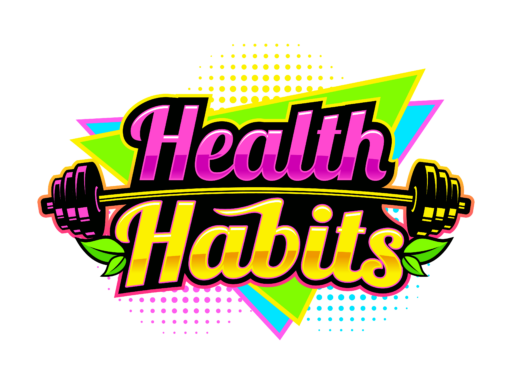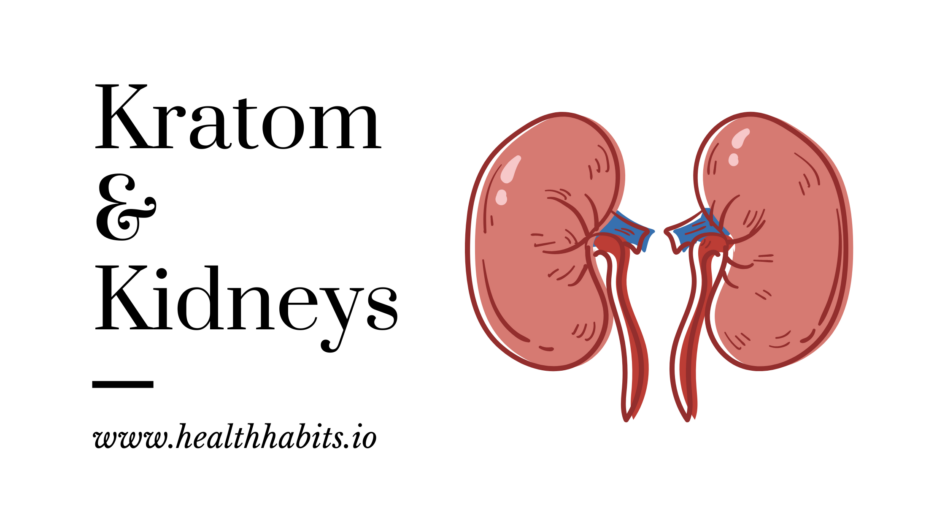Kratom is a botanical herb native to Southeast Asia. The leaves of kratom are dried and used as a supplement.
The dried herb has a range of uses, from helping curb addiction to increasing energy and focus.
However, kratom is a controversial substance.
It may be damaging for some of the same reasons it’s beneficial. Mitragynine, the main active alkaloid in kratom, attaches to the same receptors as opioids.
Because of this, countless people have used kratom to wean off of opioids, relieve pain, and provide euphoria.
But regular users can become dependent, and this can have an array of negative health consequences.
One of the claims consistently thrown out by kratom retractors is that kratom is bad for your kidneys. Where do these claims come from, though? What does the research say?
The Research on Kratom and Kidney Function
In general, kratom is understudied. Partially this is because, like many other drugs, politics have interfered with learning when it can be effective and when it’s not. This has halted encourage from authority to find save, productive ways to use kratom.
Because of that, only a few studies on kratom and kidney health exist.

The 2022 Study on Urinary Markers
The main study, published in the Journal of Addictive Diseases in 2022, compared the urinary markers of 88 regular kratom users and 83 controls. The users had been using kratom for an average of 11 years.
The results showed that kratom users had elevated urinary protein, but their creatinine concentration was in the normal range. This elevated urinary protein is, say the authors, “suggestive of an early stage of kidney injury.”
This is a very useful study, but it does bring a few things to mind. First, the study didn’t isolate kratom as a variable. Rather, it compared kratom users to non-kratom users. Remember that kratom users often tend to be recovering opioid addicts. They also tend to be more willing to experiment with substances. Even more specifically, kratom users tend to take kratom because they’re in pain, and you know what else people in pain take? Ibuprofen. Ibuprofen (Advil) has proven downsides for kidney health.
It also doesn’t mention the source of the kratom. As we’ve mentioned elsewhere, one of the main problems is because it’s so unregulated, lots of kratom is contaminated. Cleaning up kratom, and as a user only buying from third-party tested sources, can reduce some of those risks.
Of course, the researchers are aware of this. They know this is just preliminary. As they say in the abstract, “further studies are urgently needed to confirm our findings, and establish kratom’s renal impairing effects.”
The 2022 Hyperkalemia Case Study
A case study published in Curseus examined the situation of a 61-year-old male who had used kratom daily for 4 months. He showed a case of “hyperkalemia” which is elevated potassium levels. This is a common biomarker for kidney function.
After abstaining from kratom for 4 weeks, his potassium levels normalized.
This is just one person, of course. Nonetheless, it draws a few things to mind.
One, it confirms that kratom impacts kidney function. Second, it shows that by abstaining it can improve. One takeaway from this, if you’re a kratom user, is to cycle kratom. Don’t use it every day for months on end. We’ve written elsewhere about how this is similar to caffeine in a sense; using it daily blunts its most beneficial effects and makes it more likely that you become dependent.
The 2019 Renal Failure Case Study
Finally, a case study in Critical Care Medicine from 2019 suffered from oliguric renal failure. According to the study, he took 12 capsules (unspecified dose, but typically it’s 1g per capsule), twice a day.
24 grams of kratom is a lot. It’s way more than necessary.
So Is Kratom Dangerous for Your Kidneys? (Conclusion)
As we mentioned, often this limited research is used as a key claim in calling kratom “dangerous.”
However, obviously we need more research. Based on what we’ve discovered, if you cycle kratom and stick with reasonable doses, there’s no strong reason to believe your kidneys won’t be healthy.
In fact, it’s unclear whether it’s more or less dangerous than something like ibuprofen, a regular over-the-counter pain reliever.
Nothing in the research is convincing that kratom is dangerous.
Again, when we examine the claims about the negative health effects of kratom, the research reveals much more nuance.

Make Sure You Get Kratom From a Trusted Source
What is clear about kratom, though, is that you must get it from a trusted source. Most kratom is total garbage. DO NOT buy it from your local gas station or a sketchy website. This, again, is because of the regulation crisis brought on by the pharmaceutical and health establishment.
Instead look for third-party tested kratom vendors, and ones verified by the American Kratom Association.
We recommend Viable Kratom, because they check all of these boxes for purity and safety.
To learn more about kratom and its potential uses, you can check out our wide selection of articles on kratom.
Frequently Asked Questions About Kratom and Kidneys

Q: Is kratom harmful to kidney function?
A: Some studies suggest potential risks associated with long-term kratom use, such as elevated urinary protein levels, the research on kratom and kidney health is limited and inconclusive. If you are unsure if kratom is safe for you, speak with your doctor.
Q: Are there any reported cases linking kratom to kidney problems?
A: There have been isolated case studies associating kratom use with kidney issues, such as elevated potassium levels (hyperkalemia) and renal failure. We are unsure if this research considered factors like individual health histories, dosage, and purity of the kratom consumed.
Q: How can kratom users mitigate potential risks to kidney health?
One of the best (and easiest) ways to mitigate potential risks to kidney health and kratom is to avoid prolonged daily consumption and cycling off often. Also, stick to reasonable doses and source kratom from reputable vendors (like Viable) who provide third-party testing for purity and safety.
Q: Where can I buy high-quality kratom?
A: We recommend shopping with Viable or MOTARK to order your high-quality kratom and get discreet shipping straight to your front door!


Leave a Reply